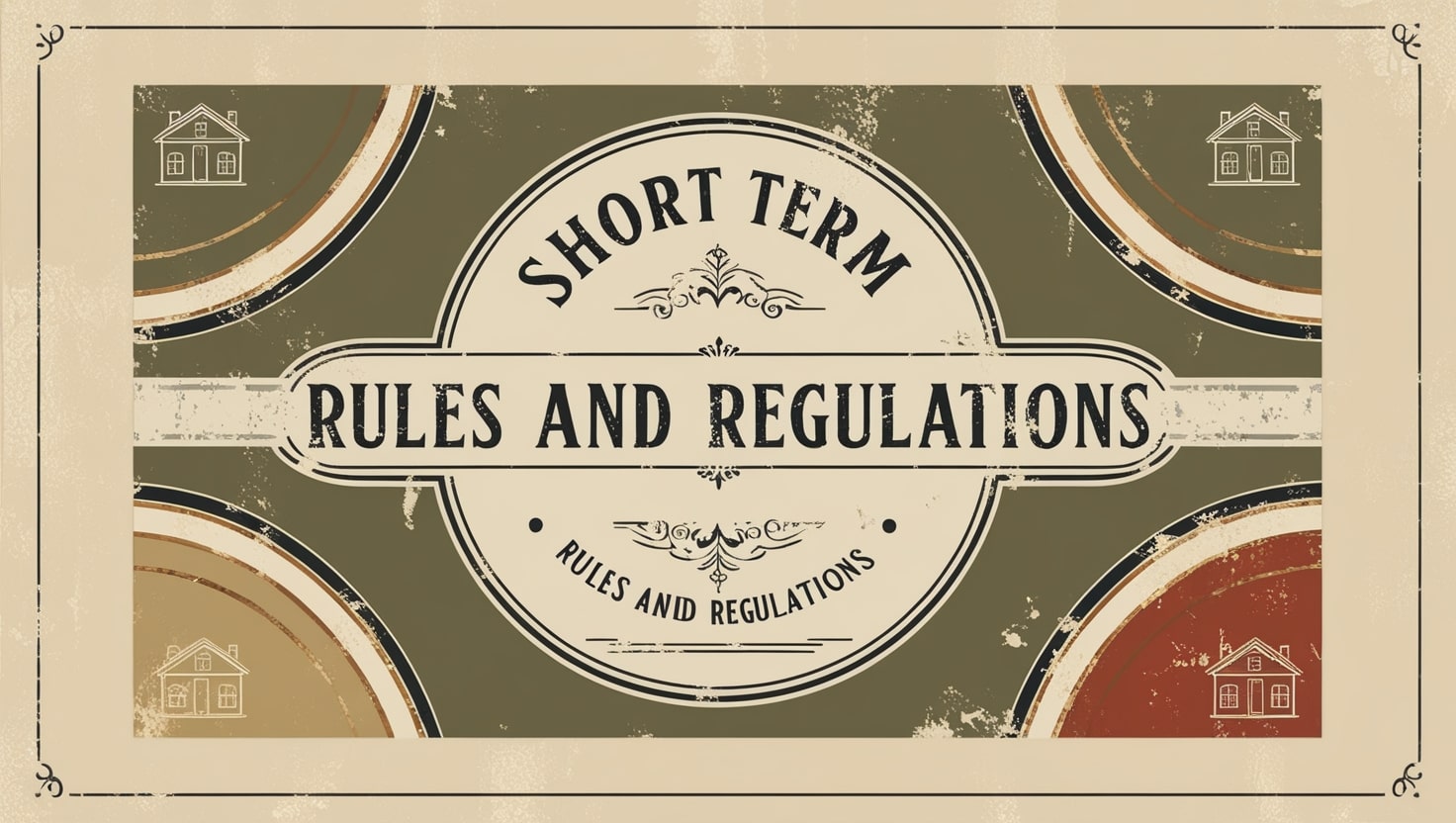Warsaw, Poland Airbnb Rules & Regulations
Last updated on: 4th July, 2025


Last updated on: 4th July, 2025

Airbnb hosting in Warsaw, and Poland in general, is subject to a range of regulations and best practices aimed at ensuring safety, legal compliance, and community harmony. Hosts are encouraged to be aware of national and local laws to ensure they are legally allowed to rent their properties. Key areas of focus include:
Permissions and Agreements: Before hosting, individuals should verify their ability to do so under local laws, community rules, contractual agreements, and any mortgage or subsidized housing restrictions. It's advisable to consult local authorities or legal experts for specific guidance.
Taxes: Income generated from hosting on Airbnb is taxable and may be subject to rental tax, income tax, or VAT. Hosts should file the necessary tax forms by April 30 each year and consult a tax professional to understand eligibility for tax reliefs.
Safety and Cleanliness: In light of COVID-19, maintaining health and safety through proper cleaning protocols is essential. Hosts are advised to follow guidelines from health authorities and ensure safety measures like emergency contact information and fire prevention equipment are in place.
Community Guidelines: Hosts should inform guests of building rules, noise policies, parking instructions, and other local customs. It's recommended to clearly communicate house rules and engage with neighbors to mitigate potential conflicts.
Insurance: Adequate insurance coverage, beyond basic Host liability insurance provided by Airbnb, is crucial. Hosts should verify their homeowner's or renter's insurance to ensure sufficient protection.
EU Consumer Protection: Given Airbnb's nature as a service, hosts need to comply with EU consumer protection laws, providing necessary commercial information to consumers.
Hosts are responsible for conducting thorough research and adhering to Airbnb's hosting standards and any applicable legislation. Failure to comply can result in penalties, including removal from the platform.